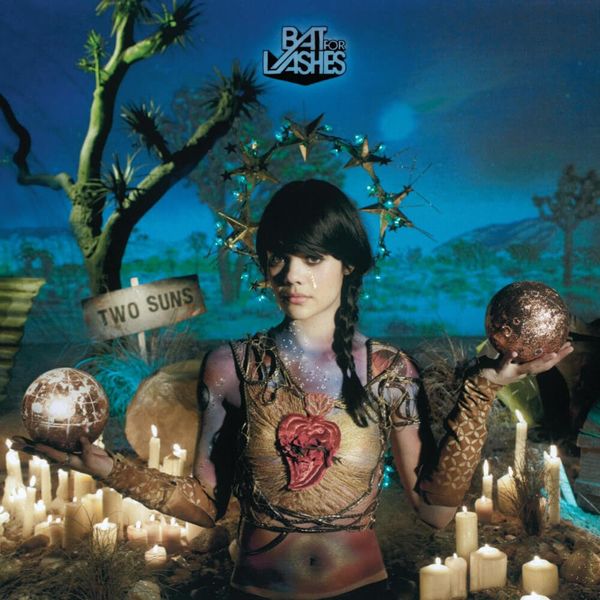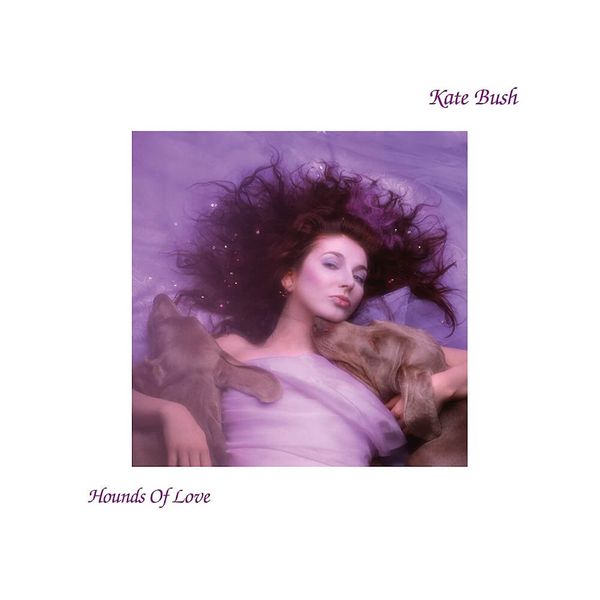André
During her long and diverse career, Björk has developed into the one of the most eclectic artists of contemporary music, keeping listeners on their toes with every release. It was on 1993’s Debut, however, where Björk’s wistful form of art pop first came to life, and the results were enchanting. It remains a graciously pure, exceedingly joyful experience.
There’s a sense of playfulness that makes the album so charming, allowing it to stand out amongst a strikingly good discography. Though the tracklist opts for the same scattergun approach that many other debut albums also assume, there’s a real sense of achievement and accomplishment. Björk creates her own identity by combining seemingly contrasting genres and forming something entirely unique. This was the first sign of innovation in her career, breaking the mould of what it means to be a new, exciting artist.
Though Björk’s stunning vocals are undoubtedly the star of the show, it’s the arrangements that often set the songs apart from generic ’90s dance music. As a major cynic of house music, I find myself both excited and confused by my affection for “Big Time Sensuality”. The inclusion of a playful saxophone part is truly representative of what makes Björk so unique. “Venus As a Boy”, one of her finest ever songs, has an exquisite arrangement, comprised of interesting samples, a textured beat, and gorgeous strings. Björk’s stunning vocal melodies add to what is already a beautiful piece of music. Opening track “Human Behaviour” is another highlight, combining timpani drums with innocent, childlike lyrics.
If the first half of Debut is comprised of the classics, the second half is where Björk delves into the more contemplative, experimental side of her abilities. Once again, the arrangements truly shine, particularly on “One Day” and “Come to Me”, where delightfully subtle melodies are sprinkled across the evolving soundscapes. The mind can be found wandering during these latter cuts, but it’s more of a comforting stroll than a grinding hike. Never does the music become stale.
Of course, Debut was only a sign of things to come. Björk would go on to expand her sonic reach and release a handful of incredible records. There’s a certain charm to her first record, however, that would soon disappear. It’s not the best Björk album, but Debut stands out as the most playful, entertaining and jubilant in her entire career.
8 out of 10
Fred
Debut is a vibrant and fearless splash of everything special about an artist — an ideal debut. Björk’s announcement of herself to the world isn’t without its rough edges, but for me that’s part and parcel of what makes it such a joyous experience. It’s so uninhibited, so powerful. Björk drifts from dance to house to electronic, bringing each of them under her spell.
When we reviewed Bob Dylan's Highway 61 Revisited a while back I remember thinking how the instrumentation felt like a natural extension of his voice. Björk achieves something similar on Debut. The arrangements sparkle out from her delivery. It’s unthinkable for them to sound any other way than they do. It would be wrong.
Opener “Human Behaviour” sets the tone, understated and deeply groovy, while “Venus As a Boy” is as good a love song as you’re ever likely to hear anywhere. The opening spell of the record shakes and shimmers with the ice-cool MIDIness that would come to define much of the ‘90s.
That electricity fades as Debut progresses, settling into something to drift in and out of rather than immerse yourself in completely, but I’m not sure I’d change that. Playfulness and purity of Björk’s calibre needs room to express itself, imperfections be damned.
8 out of 10
Andrew
Björk’s appropriately titled debut album fits itself alongside the likes of Led Zeppelin, Funeral and My Aim is True as an energetic, confident release to the world. “Human Behaviour” still stands as one of my favourite Björk tracks, and makes for a perfect opener that focuses on percussion and rhythm to produce a curious and satisfying electro-orchestral mix for its instrumental. It’s a common focus throughout the album, but other sources of experimentation often push it to the sidelines. Debut plays with genre a lot, which can certainly give things a slightly rough and ready feeling, as the first six tracks sway between delicate, string-soaked beauty and pumping house, with Björk whispering in your ear about her ghetto blaster.
The latter half of the album doesn’t let up either, as “One Day”, “Aeroplane” and “Come To Me” make up the most unusual portion of the album. “Aeroplane” makes for a particularly interesting track, transporting the listener to a jazz band in a rainforest with shivering percussion, quarrelling saxophones and uneasy chord changes. To round the tracklist off, “The Anchor Song” is an elegant duet between Björk and Oliver Lake’s saxophone that makes for a strong, evocative end to the album. Instrumentals aside, Björk’s vocals soar across this record, adapting effortlessly to the tenderness of “Like Someone In Love” one minute, before delivering snarls and shrieks in “Big Time Sensuality”.
Debut is ultimately an incredibly accomplished album that laid out a lot of Björk’s work that followed. With the hops between genre and heavy leaning on electronic instrumentation of the time, it can feel like a scrapbook at times and certainly sounds like an album of the ’90s. However, I think it still holds up to a modern listeners ears today as a quirky album, full to the brim with fun.
9 out of 10



